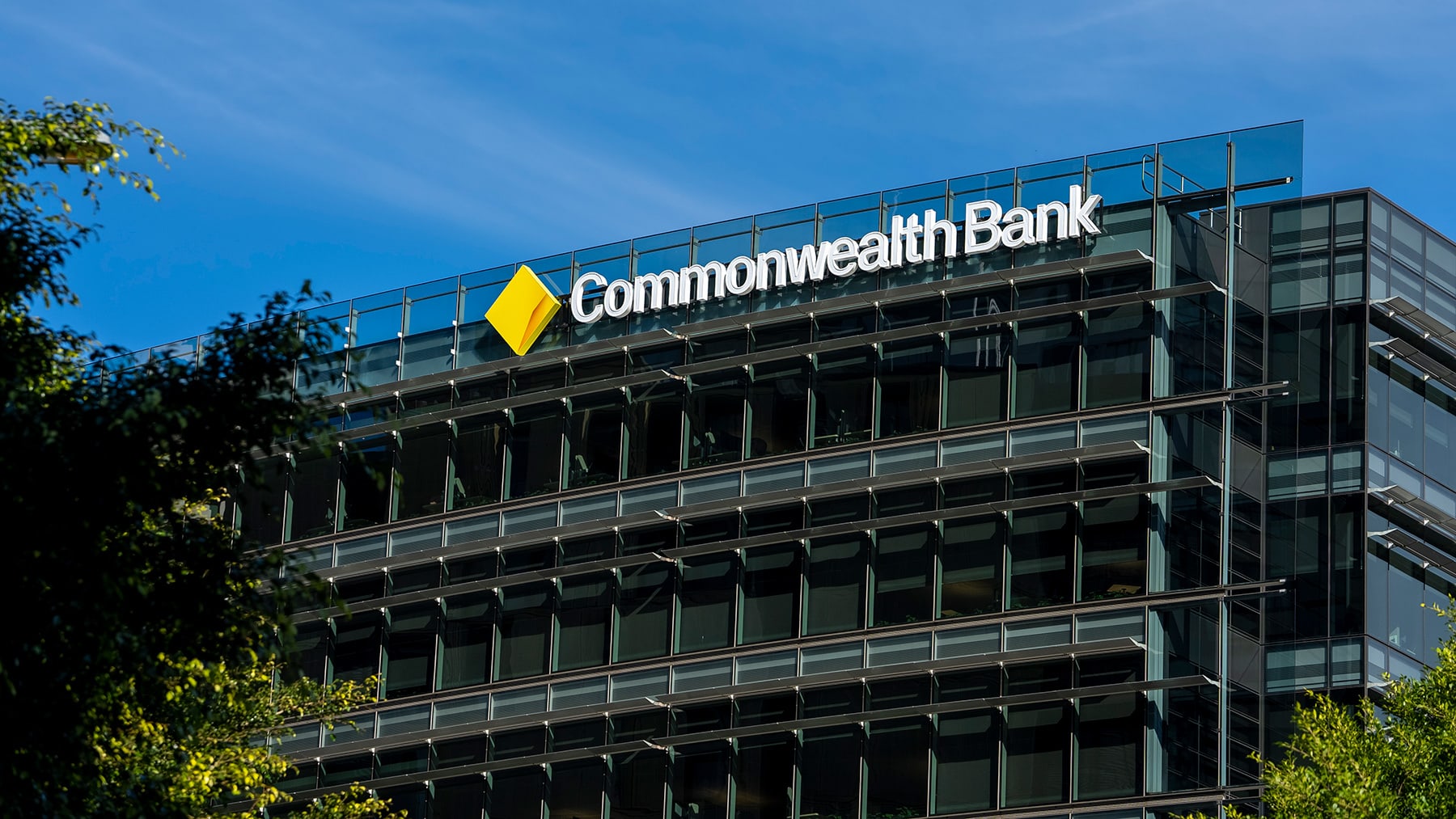Borrow
It’s official: NAB is buying Citi’s banking business
A month after the possibility of an acquisition deal between NAB and Citi was made public, the two companies are making it official.
It’s official: NAB is buying Citi’s banking business
A month after the possibility of an acquisition deal between NAB and Citi was made public, the two companies are making it official.

The National Australia Bank (NAB) has announced it will be adding over 1 million credit card customers to its P&L sheet via the acquisition of Citigroup’s consumer banking business.
The $1.9 billion deal, which includes a cash deposit of $250 million, will see NAB take custody of $12.2 billion in loans and $9 billion in deposits.
NAB CEO Ross McEwan said that the proposed acquisition will bring “scale and deep expertise in unsecured lending, particularly credit cards, which continue to be an important way for customers to make payments and manage their cash flows”.
“The cards and payments sector is rapidly evolving, and access to a greater share of payments and transaction data will help drive product and service innovation across our personal banking business and deliver market-leading customer experiences,” he said.

Citi currently provides credit cards for a number of Australian financial institutions, from the Bank of Queensland to Qantas, Suncorp and Virgin Money.
Mr McEwan called the acquisition an “opportunity to grow with existing partners and add new partners”.
In the lead-up to the finalisation of the deal, Citibank will continue to operate its consumer banking business as usual.
It is not yet clear how the deal will affect Citi’s recently announced buy now, pay later platform ‘Spot.’
Citi said that it will be contacting customers in the coming months with more information about what the acquisition will mean for them.
In the meantime, Citi CEO Jane Fraser said, “This is a positive outcome for our clients, our colleagues and for Citi.”
According to her, this transaction shows that the company is “moving forward with urgency as we refresh our strategy and execute the decisions we have already made as part of that effort”.
A transitional services agreement is expected to be in place for 30 months after the deal closes, since NAB won’t be acquiring any of the technology systems or platform that Citi currently relies on.
The bank said they expect to spend $375 million over the next two years in acquisition and integration costs, with a total of 800 Citigroup employees set to be folded into the NAB workforce.
While NAB estimates that the deal will close by March 2022, it won’t go ahead without the approval of the Commonwealth Treasurer, APRA and the ACCC.
Back in July, NAB indicated it was in talks with Citigroup to purchase the company’s Australian consumer banking business.
At the time, ACCC chair Rod Sims warned that the regulator would look closely at any consolidation between Citi and Australia’s big four.
“Citi is an important player, particularly in [credit] cards, so this is something we’d have a very, very close look at,” he said.
About the author

About the author


Banking
ANZ’s company-borrower mortgage clampdown: a risk reset with wide spillovers for SMEs, investors and non-banks
ANZ has tightened credit settings for home loans where the borrowing entity is a company — a narrow policy change with broad commercial consequences. It signals a shift in risk appetite across ...Read more

Banking
CBA’s investor-loan win signals a new phase in Australia’s mortgage machine
Commonwealth Bank’s outperformance in investor mortgages isn’t just a leaderboard moment; it’s a proxy for who owns the next growth leg in a broker‑led, increasingly digital mortgage marketRead more

Banking
A divided Big Four signals a two-track 2026: how to profit from rate uncertainty
Australia’s largest banks can’t agree on where the cash rate lands in 2026 — a split that matters more than the number itself. When the price of money is ambiguous, strategy becomes a game of ...Read more

Banking
Brokers own the mortgage funnel: Why a 77% share is reshaping bank strategy in Australia
Australia’s mortgage market has quietly consolidated around one gatekeeper: the broker. With brokers facilitating roughly 77% of new home loans, distribution power has migrated from bank branches to ...Read more

Banking
Commonwealth Bank leads consideration while People First Bank tops satisfaction in YouGov’s latest rankings
In a revealing snapshot of Australia's banking landscape, the Commonwealth Bank (CBA) has emerged as the most considered financial institution among prospective customers, according to YouGov's ...Read more

Banking
End of the easing: what a major bank’s call signals for Australian balance sheets
A major Australian bank now argues the Reserve Bank’s rate-cut run has hit a pause, resetting the risk-free rate narrative across corporate Australia. The Reserve Bank of Australia’s latest Statement ...Read more

Banking
Open banking, real returns: How an Australian brokerage turned CDR data into deal velocity
Open banking is no longer a whiteboard theory—it’s a working growth engine. This case study unpacks how a mid-sized Australian brokerage (“Pink Finance”) operationalised Consumer Data Right (CDR) data ...Read more

Banking
Open banking’s quiet revolution: how one broker’s data play rewrites speed, trust and margin
Open banking is shifting from compliance cost to commercial engine, and early adopters in Australia’s broking market are already monetising the curve. The playbook: consented bank-grade data piped ...Read more

Banking
ANZ’s company-borrower mortgage clampdown: a risk reset with wide spillovers for SMEs, investors and non-banks
ANZ has tightened credit settings for home loans where the borrowing entity is a company — a narrow policy change with broad commercial consequences. It signals a shift in risk appetite across ...Read more

Banking
CBA’s investor-loan win signals a new phase in Australia’s mortgage machine
Commonwealth Bank’s outperformance in investor mortgages isn’t just a leaderboard moment; it’s a proxy for who owns the next growth leg in a broker‑led, increasingly digital mortgage marketRead more

Banking
A divided Big Four signals a two-track 2026: how to profit from rate uncertainty
Australia’s largest banks can’t agree on where the cash rate lands in 2026 — a split that matters more than the number itself. When the price of money is ambiguous, strategy becomes a game of ...Read more

Banking
Brokers own the mortgage funnel: Why a 77% share is reshaping bank strategy in Australia
Australia’s mortgage market has quietly consolidated around one gatekeeper: the broker. With brokers facilitating roughly 77% of new home loans, distribution power has migrated from bank branches to ...Read more

Banking
Commonwealth Bank leads consideration while People First Bank tops satisfaction in YouGov’s latest rankings
In a revealing snapshot of Australia's banking landscape, the Commonwealth Bank (CBA) has emerged as the most considered financial institution among prospective customers, according to YouGov's ...Read more

Banking
End of the easing: what a major bank’s call signals for Australian balance sheets
A major Australian bank now argues the Reserve Bank’s rate-cut run has hit a pause, resetting the risk-free rate narrative across corporate Australia. The Reserve Bank of Australia’s latest Statement ...Read more

Banking
Open banking, real returns: How an Australian brokerage turned CDR data into deal velocity
Open banking is no longer a whiteboard theory—it’s a working growth engine. This case study unpacks how a mid-sized Australian brokerage (“Pink Finance”) operationalised Consumer Data Right (CDR) data ...Read more

Banking
Open banking’s quiet revolution: how one broker’s data play rewrites speed, trust and margin
Open banking is shifting from compliance cost to commercial engine, and early adopters in Australia’s broking market are already monetising the curve. The playbook: consented bank-grade data piped ...Read more








